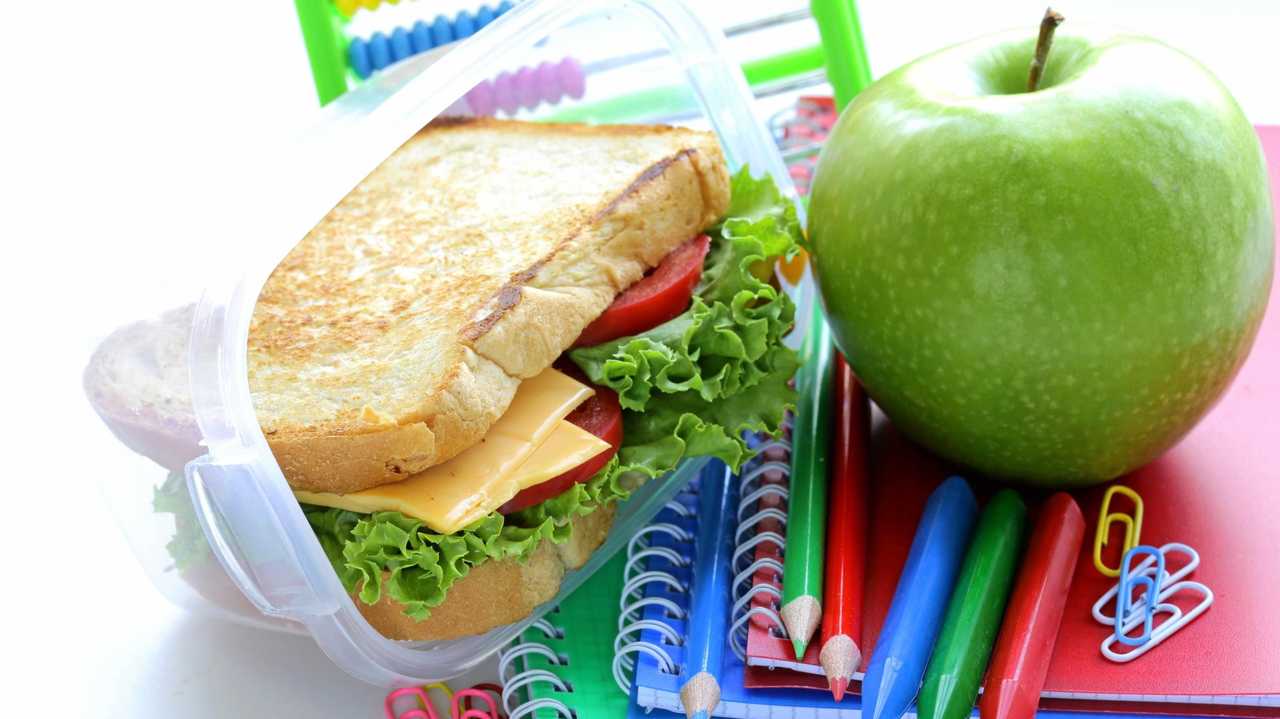LETTERS: Who is feeding our kids?
WOULD someone please explain why schools are providing breakfasts for some pupils?

Opinion
Don't miss out on the headlines from Opinion. Followed categories will be added to My News.
Who is feeding kids?
WOULD someone please explain why schools are providing breakfasts for some pupils?
Surely it is the responsibility of parents to feed their own children or be brought to justice for their neglect ?
A child must be five years old to be educated and at that age should be able to get its own cereal or even toast at least.
Of course, children must receive food each and every morning but why are their parents not providing?
FREDERICK F ARCHER
Bundaberg
Labor v LNP
THE Member for Pumicestone's letter (NM 10/3) demonstrates that she is in need of a lesson in history.
Mrs Wilson only has to look back at LNP policies and compare them with Labor's to see that this Labor government is doing a much better job of standing up for teachers and principals than the previous LNP government.
It was not that long ago that the LNP went on the attack, pushing for three-year contracts for school leaders, cutting teaching and support staff, stripping industrial conditions and cutting funding for educational programs to outline just a few examples.
Contrast this with Labor which have invested in school staff, provided support services for school leaders and scrapped the push for short term contracts for school leaders.
STEVE LEESE
Vice president
Queensland
Teachers' Union
Bundaberg North branch
Welfare stigma
IN REPLY to Pete Ahern's letter published in the NewsMail on March 10.
This is typical of the comments uttered by politicians against welfare recipients.
Not all of the kids going to school hungry have parents on welfare.
Parents who are working are also sending their kids to school without breakfast.
This card, if issued, labels all welfare recipients as either child abusers, drug addicts, gamblers or alcoholics and that is not the case.
If the government is earnest in reducing unemployment, the money spent in the cards' issue costs, would be better spent on job-creation projects - for example, offering subsidies to employers to relocate to regional centres etc.
Let's stop the hatred and help Australian disadvantaged citizens, rather than offer inane comments about their lives.
R THOMPSON
Norville
Look at the cause
THE deterioration of our communities, rising crime rates and lenience of courts is again a topic of debate.
Just as there is no correlation between capital punishment and murder, there is no correlation between harsh penalties and other crime.
In the 18th Century, 260 crimes attracted the death penalty, yet crime did not abate.
Our local media daily carries stories of driving under the influence, driving unlicensed or driving unregistered vehicles.
Harsh penalties have not deterred the risk takers.
Law is the domain of parliament.
Magistrates and judges seek justice within the confines of the law.
The judiciary is the ass laden with the onus of justice.
We are heading into the same spiral as the industrial revolution when the rich became richer and the poor poorer.
CEO salaries are now on average 60 times greater than workers on the minimum casual wage.
A worker working more than four hours per fortnight is considered employed.
CEO salaries are 350 times greater than unemployment benefits and CEO salaries are 280 times greater than an unemployed worker earning the maximum allowable extra income.
As a community sinks deeper in income disparity the "have nots" disengage from the morals and ethics of elite private ownership and challenge for limited resources by crime.
The crimes that feature nightly on the news are crimes of desperation not crimes of cunning and deceit.
Robbing a service station, a corner store or and small deli is not crime by an organised criminal syndicate.
It is the desperate crime to fulfil immediate needs or wants - perhaps to feed children or to satisfy a dependency on drugs, alcohol, tobacco or gambling.
Gambling is a feature of insufficient income.
The cost of the wager will not feed a family for more than a day, but it entitles the owner to dream of a future life devoid of want.
Gambling is living on a dream.
A dream created by virulently advertising the "if..."
DIETER MOECKEL
Wonbah
Originally published as LETTERS: Who is feeding our kids?






